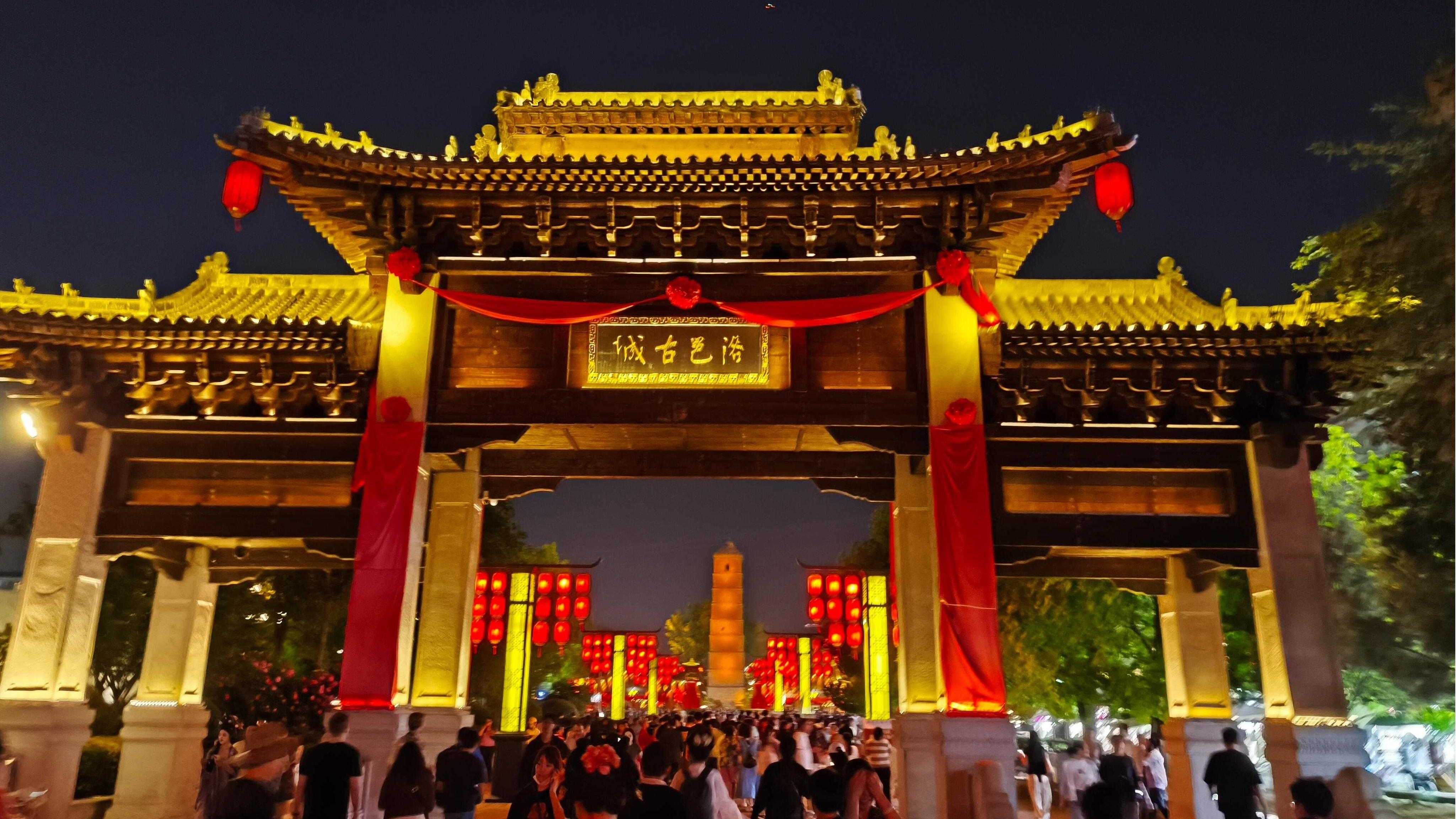U.S. tariffs: The world needs justice, not hegemony
Recently, the U.S. government, under the pretext of "reciprocity," has recklessly imposed tariffs on over 180 countries and regions worldwide. This absurd move, which even includes tariffs levied against an island inhabited only by penguins and seals, reveals the logic of unilateral bullying and the law of the jungle. The U.S. government's actions run counter to the tide of history, harming others while ultimately hurting itself.
The U.S. government's aggressive tactics are driven by selfish interests, depriving nations—especially the most vulnerable—of their right to development. Countries like Haiti and Lesotho, already struggling, are now being pushed to the brink of collapse. By imposing tariffs beyond their capacity, the U.S. is undermining the multilateral trade order to extract global benefits for itself.
While claiming to champion "fair trade," the U.S. is blatantly violating the World Trade Organization's non-discrimination principle. At the same time, it cuts aid to developing countries while indiscriminately imposing tariffs. This is not "reciprocity"—it is the logic of "might makes right."
The U.S. government's bullying tactics not only harm other nations but also create significant problems for the American public. Tariffs drive up the prices of imported goods, burdening consumers with higher costs, and the resulting inflation increases living expenses for ordinary American families.
The tariffs could cause the loss of around 2 million jobs in the U.S., with each household facing an income reduction of at least $5,000. The risk of stagflation rises, the credit of the U.S. dollar faces pressure, and U.S. assets are being sold off. Uncertainty in international markets makes it harder for American businesses to expand overseas, negatively impacting exports. Internal opposition is mounting in the U.S. On April 23, a coalition of 12 states sued the federal government, accusing its tariff policies of being illegal.
History has shown that trade and tariff wars result in a lose-lose situation. In the 1930s, the Smoot-Hawley Tariff Act triggered the Great Depression. Today, the U.S. government is repeating this mistake and is bound to face the consequences. Even U.S. politicians have openly stated that the result of excessive tariffs will not be "America First," but "America Alone." The Budget Lab at Yale University estimates that the full implementation of these tariffs in 2025 will reduce U.S. GDP growth by 1.1 percentage points for the year, with a medium- to long-term decline of 0.6 percentage points.
The world needs justice, not hegemony. In the era of globalization, nations' economies are interdependent, and the economic fluctuations of one country can trigger ripple effects across others. At the annual session of the WTO Council for Trade in Goods at Geneva, China's grave concerns over the U.S. government's "reciprocal tariffs" were strongly echoed by 46 other countries. We believe that most nations, valuing fairness and justice, will make the right choice aligned with their own interests.
Photos
Related Stories
- Tariffs bite US fireworks celebrations
- Trump signs proclamation to provide "offset" for tariffs on automobile parts
- China won't bow to US' global tariff storm
- China willing to support normal business cooperation between Chinese, US companies: MOFCOM on reported Boeing's recall of aircraft intended for delivery to Chinese airlines
- International tourists pull back on US travel amid tariffs, other policies
- China’s food supply ‘fully secure’; US soybean, pork exports plunge due to tariffs
- Tariff war fuels the world to 'sell off America'
- World must never return to law of jungle
- A self-defeating war: Why tariffs won't Make America Great Again
- World's biggest small-commodities market unfazed by US tariffs
Copyright © 2025 People's Daily Online. All Rights Reserved.









